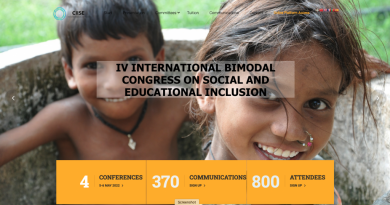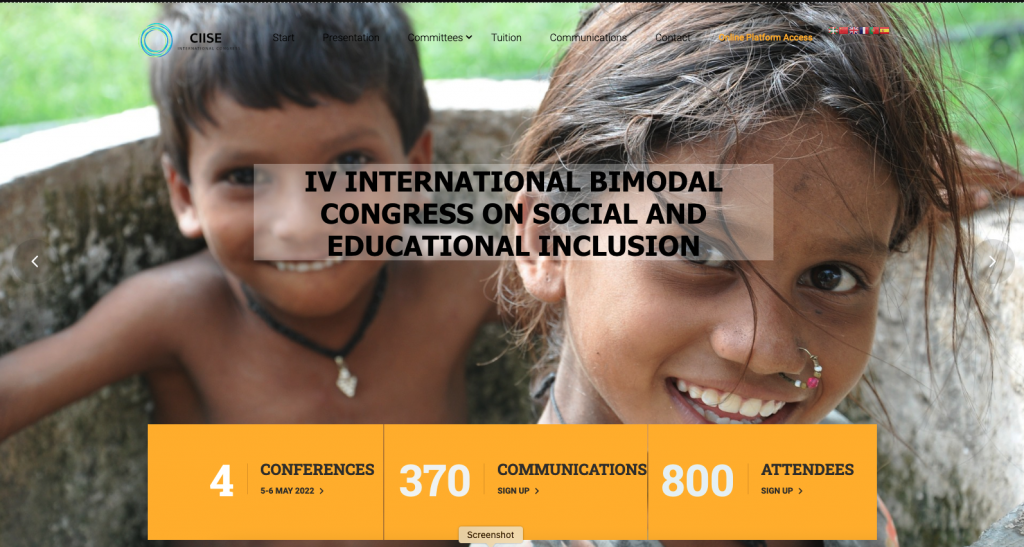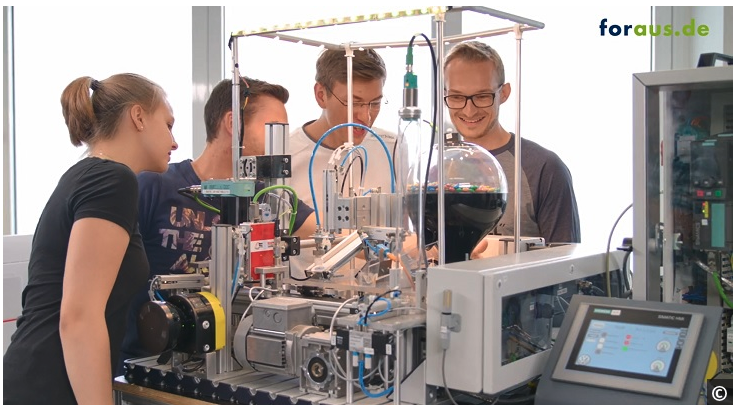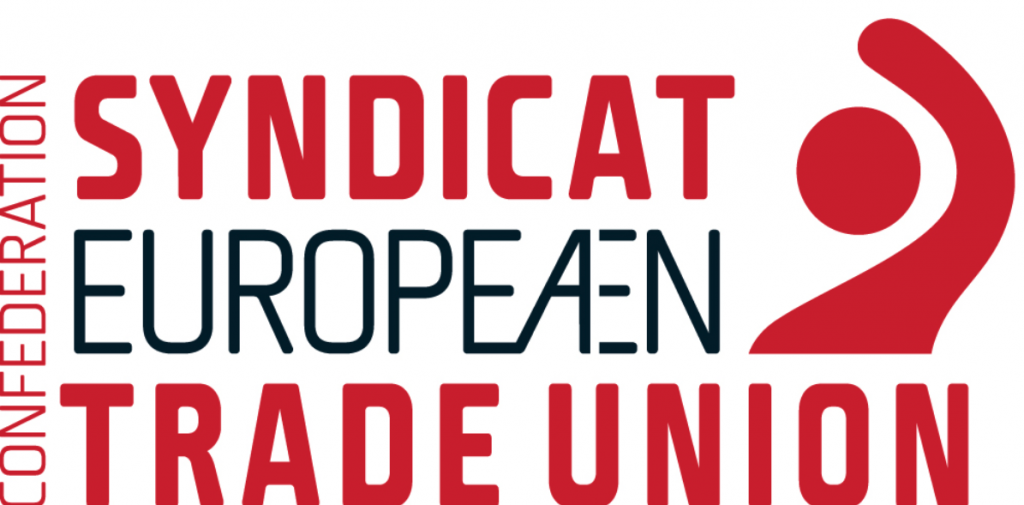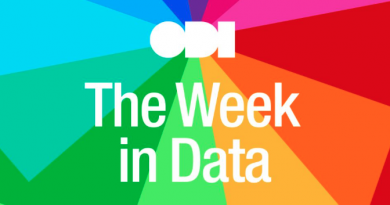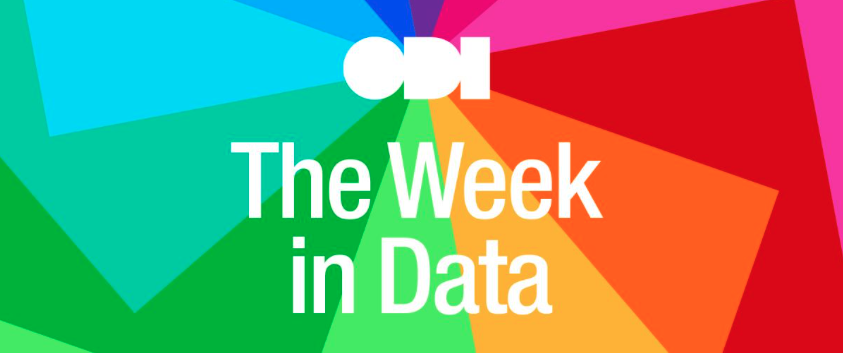AI for marking and feedback

The UK National Centre for AI, hosted through Jisc has announced the third in a series of pilot activities for AI in education. The pilot project being undertaken in partnership with Graide, an EdTech company who have built an AI-based feedback and assessment tool, es designed to help understand how universities could benefit from using AI to support the marking and feedback process.
AI-based marking and feedback tools promise the joint benefits of reducing educators’ workloads, whilst improving the quality, quantity, timeliness and/or consistency of feedback received by students.
After a positive initial assessment of Graide, we are launching this pilot to find out how Jisc’s members could benefit from this solution.
Universities in the UK have been invited to take part in the pilot in which following an initial webinar and interviews will a small number of participants will use Graide in practice, with an evaluation their experience. Stage two of the pilot will focus on exploring the platform’s functionality; in stage three, the platform will be used ‘live’ with at least one cohort of students.
Despite increasing interest in the potential of AI especially for providing automated feedback to students there remain limitations. It is notable that the pilot is focused on STEM and the UK National Centre for AI says that “The most appropriate types of assignments will be those where there is a definitive correct answer and where feedback would also be expected on the working out.”


